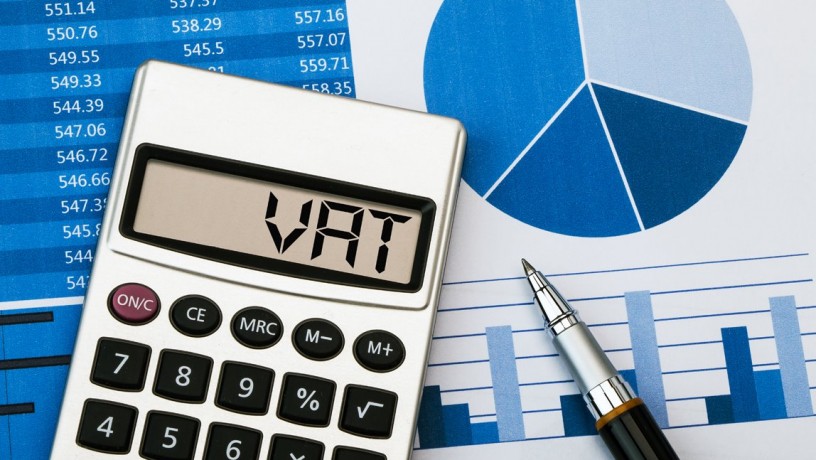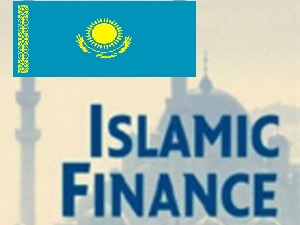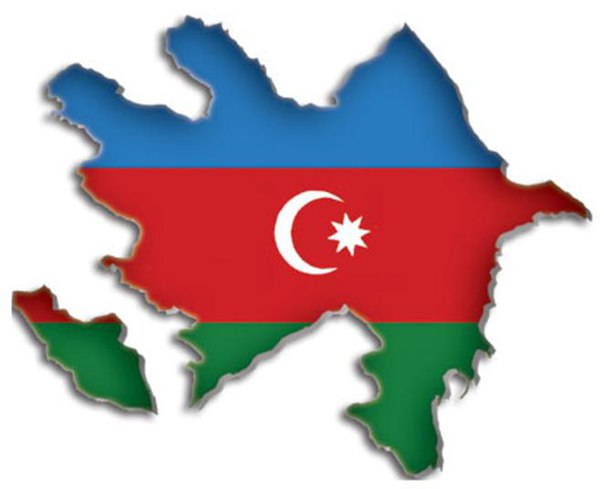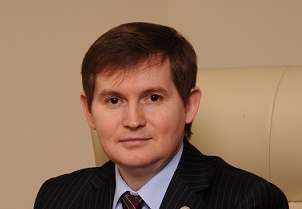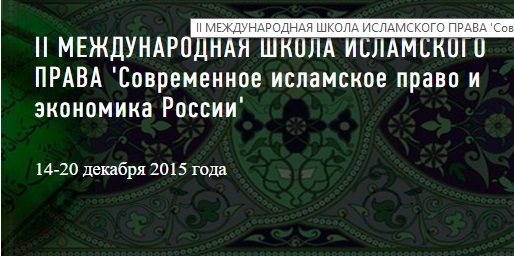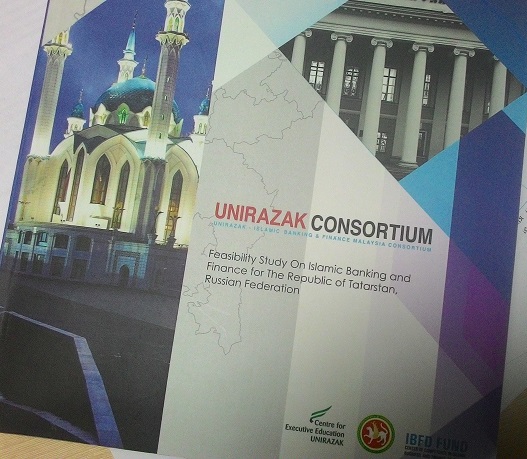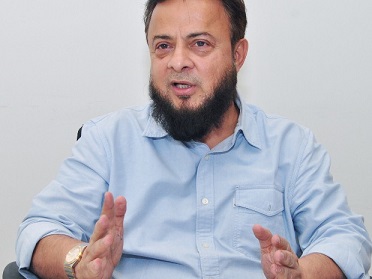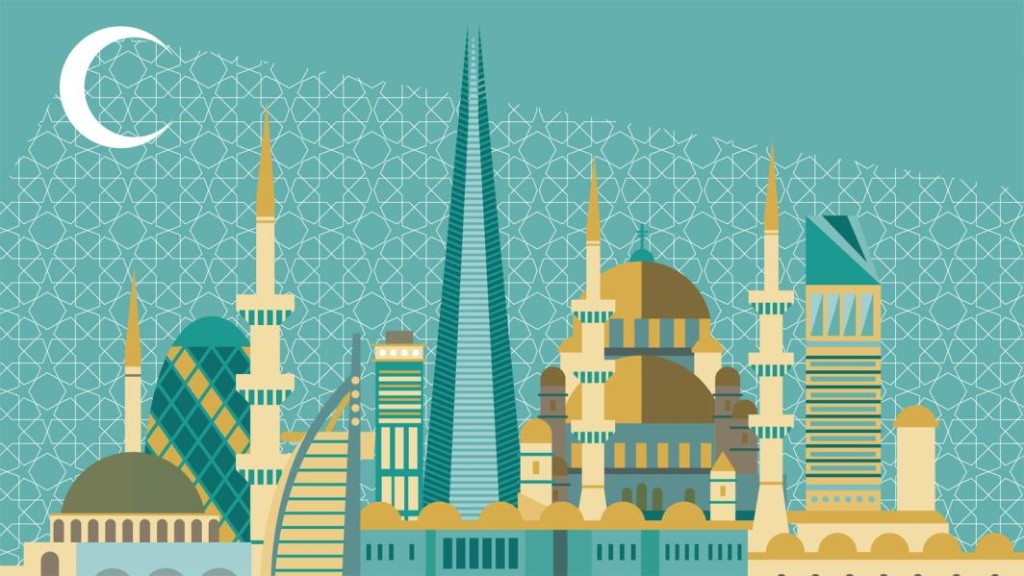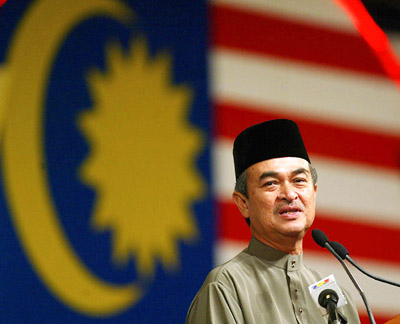Homepage | About us |
Advertise | Partners |
 Contacts | Contacts |
 Русский Русский
|
 |
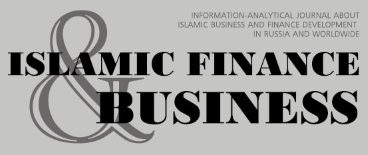 |
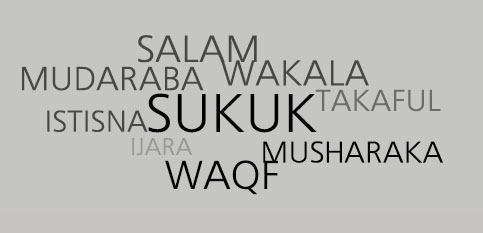 |
Latest News
Recent Comments
|
Maxim Tafintsev: ‘Muslims to bring from shadow mega funds’12.06.2015President of the Arab European Lawyers Association on why Russia’s authorities this year are seriously going into the issue of opening the door to Islamic banking under Shariah Islamic law.
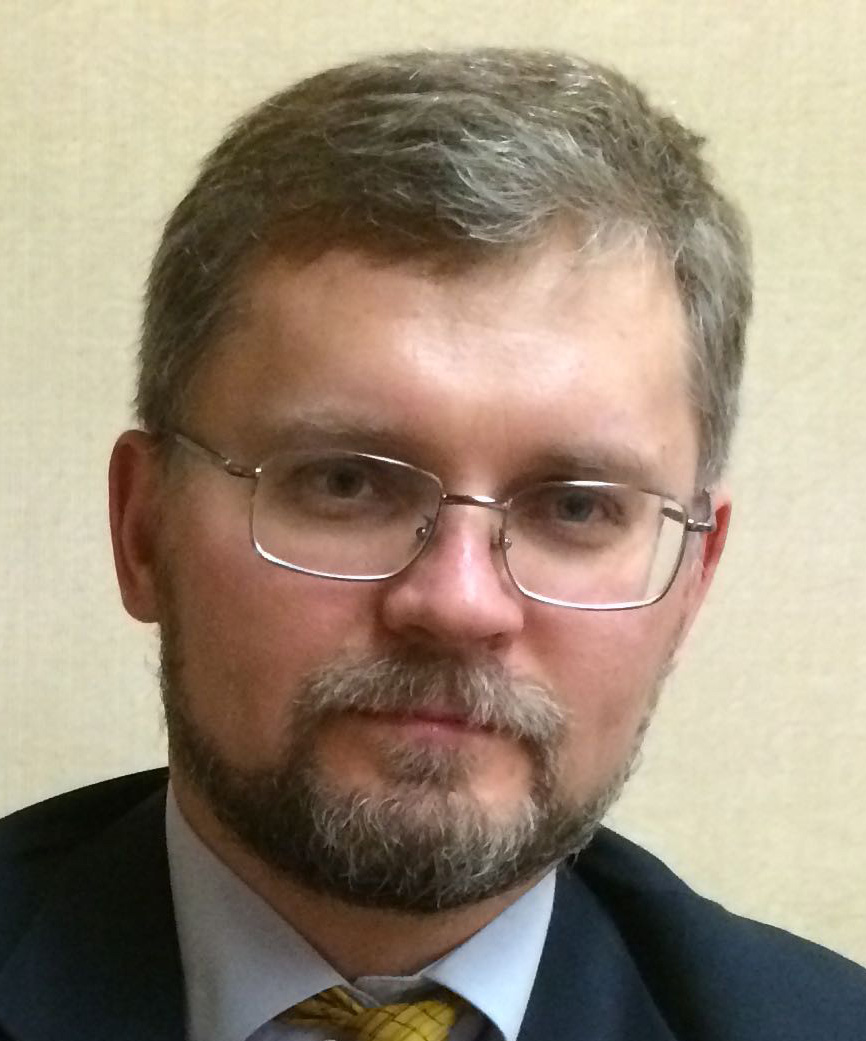
This year, special working groups of the Council of Federation, technically, at the Central bank, finally got down to serious discussions of this matter. Was set up a special technical team, which is working out particular elements that must be introduced into the Russian legislation, rather than simply discusses ‘what is necessary or unnecessary’.
You mean that certain interested parties at last have found access to the Council of Federation and the Central bank? - Actually, there are quite many Muslims in the Council of Federation and these people are not the last businesspersons in Russia and represent largest regions of the county. However, there is more to it than that. For the past five years a certain practice has formed in the framework of the existing legislation, the practice, which allows using and employing certain products. Installment selling and leasing are allowed now, insurance products began to work as well. Specifically we need to modify our banking laws to conduct credit and deposit policies. Particular changes in the tax legislation are required to help Islamic financial products be less costly. What is the double taxation in this context? - A Russian bank issues you an interest loan so you can buy something, while in the instance of Islamic banks, they first buy some property to resell it to you in installments. The value added tax doubles: first on purchase and later on selling. These transactions should be allowed to be treated as financial operations and not as a trade business, to put them in the same position as commercial banks. They should be taxed only on the way out - just on the last transaction when a bank sells some property item to a borrower. They do this to avoid such thing as ‘riba’: you don’t give money at interest, but engages in a real transaction. Because the basis of the Islamic money – is the subject of the transaction. There must be something that one have purchased and resold. How would you structure the transaction further is the secondary issue. Just the same, the state gets its tax, although not two-fold, but it gets it. Virtually, according to documents, a bank holds property for a hot a minute insomuch as it takes part in a transaction and it would be unreasonable if it were taxed to the full in such case. What about microfinance organizations that issue payday loans to migrant workers in construction – are they Islamic banks? - Indeed no, such are not Islamic banks at all; interest rates there are 200-300%. This is a grey market. And we are advocating for dissolution of grey markets, so that 20 million Muslims residing in Russia could be involved in legal financial market and be in agreement with their religious creed. As of today, they have to make their financial business under the counter. Here we are already dealing with a partnership, murabaha. When there is a financial partner, a community, and that, who invests his labor. In this context, we can speak about the Islamic banking as an old practice, which simply has not been formatted in such a manner that the state may regulate it. The problem is to make money of Muslim population transparent, understandable and visible. So that the finances operate within our economy properly and are not salted away or used in shady transactions. Offering the Muslim community an opportunity of its financial structures’ unimpaired operation, we open an effective way for foreign investors. Many of them say, ‘we are ready to come but cannot due to the lack of necessary regulations’. They don’t wish to come here and change laws for us. This is our task, and if we accomplish it, then they will come. Am I right supposing that when money of the West became inaccessible to us, a necessity arose to get it elsewhere? And at this point, premises of the Islamic banking have ripened just in time. - This problem has long been addressed. We have been doing Kazan-based ‘Russia—OIC’ summit for several years now. The OIC member countries include 50 states of the Muslim world. Fundamentally, this represents Southeast Asia, Middle East, Northern Africa and Central Asia - the countries, on which we have re-focused today as we say that we have turned to the East. Apart from China and Korea, there are also these countries. Besides traditional financial instruments, working with these countries requires also instruments, which they are increasingly transferring to in their economies. They are accumulating mega funds today, trillions of dollars. We want Russia, the same as London or Hong Kong, or Luxembourg, to become fully engaged in these processes and to attract finances. London, although not a Muslin country, is representing an Islamic financial center with banks and investment funds. What have they done? They have simply completed their legislation with regulations that incorporate Islamic banking principles. To put in other words, they have excluded the double taxation? - Yes, they have. Beyond that, our banking legislation, for instance, reads that interest must be accrued at both lending and attracting funds. This has been directly prescribed. You cannot set fixed income in Islamic banks. Investing money in separate accounts with an Islamic bank or in investments, or in savings or in partner accounts, a customer actually does not exactly know how much he would get on his money. However, there are bank records for several years that let forecast next periods of time. Virtually, these are investment instruments. One of the moments that many are trying to employ is that Islamic financial institutions are thought to have been terrorist money. We would like all Islamic financial structures to come under the Central bank’s regulations, and the grey market to become normal and transparent, so that finances in it can be retraced. What is this potential market’s capacity? - We judge by the number of Muslim population in Russia, which is 20 million. Even if only 2 million of them are engaged in active financial activity, and we know that the Muslims distinguish by their business acumen, their engagement in legal financial turnover may bring from shadow avalanchine sums of money. Additionally, our country is attracting new investors: the Malaysians, the Indonesians who take active interest in Russian market. Few people know that the biggest investment fund of Abu Dhabi through Russia’s Sberbank allocated about 1.5 billion US dollars on the Sochi 2014 Olympics. This is a winning project, Islamic money virtually helped Russia hold the Olympics. There is a number of other attractive projects, for instance concerning Russian Railways ‘RZD’, including the highway to Kazan, logistic projects. Energy projects. As soon as the government realized how interesting this is, it has quite efficiently introduced changes concerning double taxation between the Emirates and Russia. State corporations now may enter corresponding agreements, attract Islamic banks’ funds without being taxed. On Russia’s part these are Sberbank, Gazprom and Rosneft, and on the part of the Emirates – leading investment funds, large state Islamic banks. They very actively dialogue with Russia. Leading state banks very aggressively lobby Russia's interests and negotiate many investment projects. Consider Sberbank, for example. The Islamic world excepts this bank as a responsible partner. Meantime, government authorities’ assistance and revision of the legislation will considerably mend the matter. Would it be interesting for private banks, if the legislation will be correspondingly complemented? - Certainly. In our southern regions –Chechnya, Dagestan, Ingushetia, Transcaucasus – private banks partially operate in the shadows. While the above said will reduce their risk operations. All this will be regulated, taxes will be paid wherein they are not paid at all. Is this the case only of Muslim regions or capital city banks as well? Banks in the capital cities also. Watch the news and you will see that the downtown of Moscow and Petersburg completely halt during Ramadan. Let half be visitants, but Russia for them presents their second home. We have Arab expat communities wherein a lot of businesspersons. We are actively working with Iran and its community expands along. Our team’s practice with the countries and their legislations that operate under shariah laws and conform to Quran standards shows that in the framework of a new word they produce a positive result and do not obstruct each other. Everything is being regulated and they get taxes on the turnover. Our neighbor countries, such as Kazakhstan, demonstrate very successful practices. Kazakhstan is a vast county with oil resources and primary resources. This is the primary source of their principal income. They took the line of active introduction of Islamic financial institutions over 5 years ago and achieved good results. Today Islamic banks’ investment in financial sector of Kazakhstan accounts for several billions of dollars. Largest Islamic, Arab investors go to Kazakhstan, and, unfortunately, do not come to Russia for the present. Latest News |
Editor's ColumnAnalytics
News in RSS format |
| © IBFD Fund, 2009-2026. Developed by Linova-MEDIA. Хостинг от uCoz. Design by WebRT |

